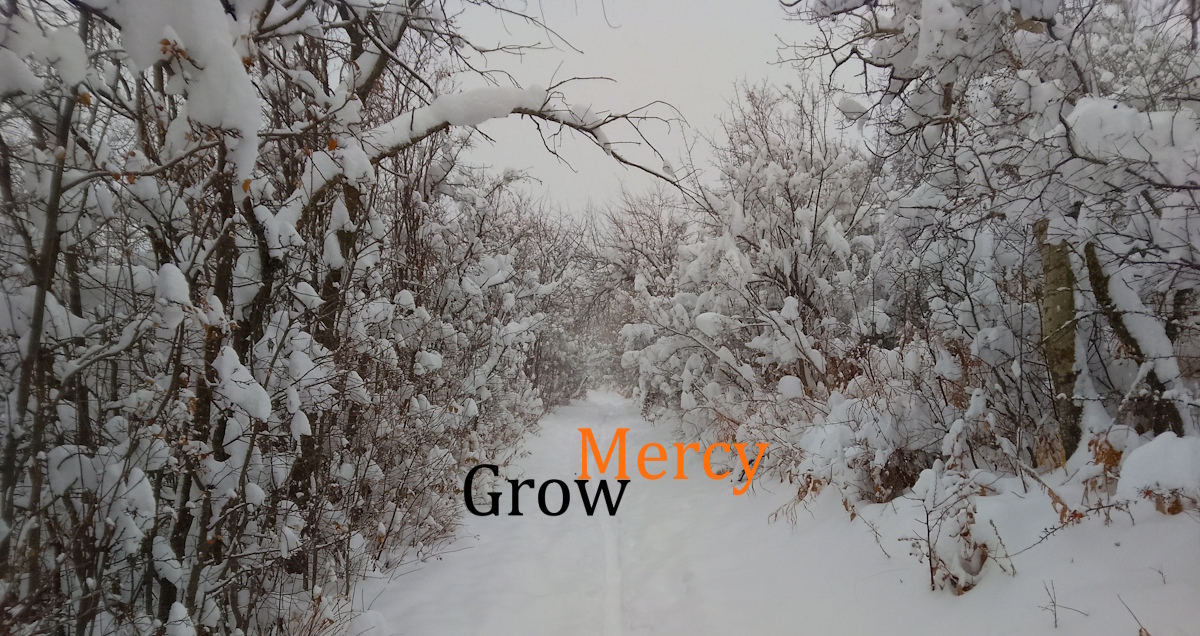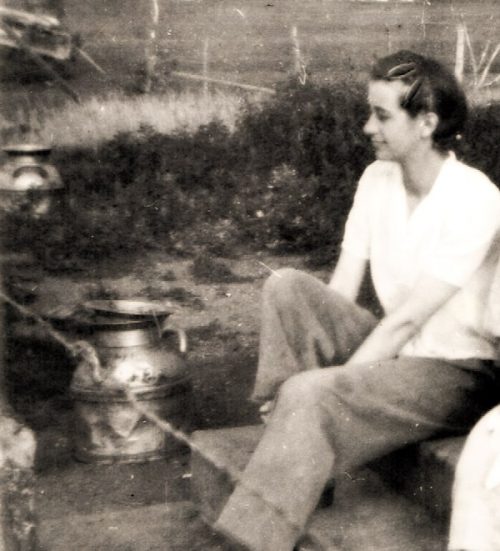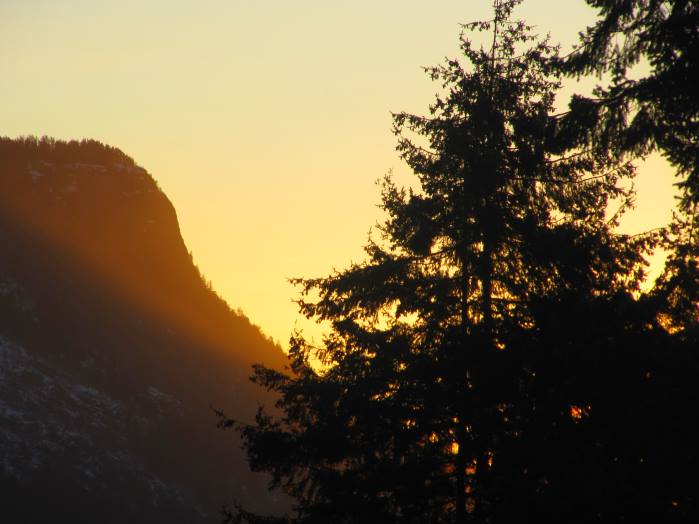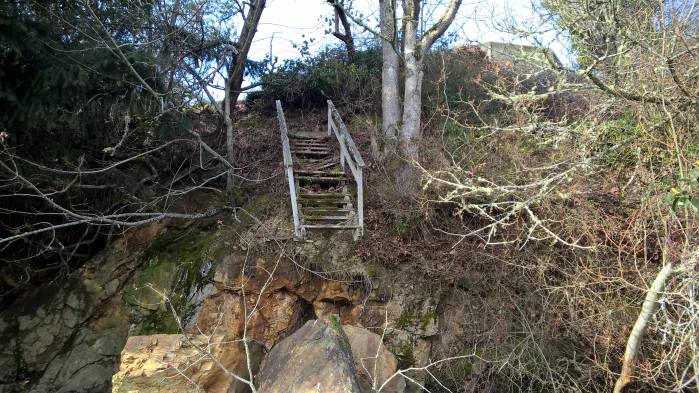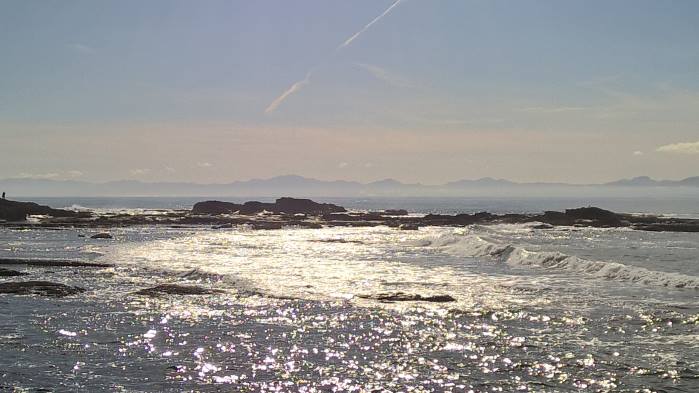In the heart-sick shadows of grief from daily outbreaks of violence and hate: what else but to rise and walk with reverence and vigilant humanity.
(With acts and prayers for New Zealand.)
To walk with reverence under the conversation of trees,
to lie in the still-warm deer-flattened circles of fescue,
to know the wind by the bend of willows,
to watch the way a diving duck takes wing,
to sow silence among the rank shoots of disquiet,
to fend for the rivers that carry the waste of our industry,
to pray beneath the electric icicles in the centre of a decaying city,
to stop for Lucille who begs beside the Royal Bank,
to release regret to waves, the woods, the wind,
to flee the noose of comparison,
to trust the nail in your heel to strengthen you,
to be true to a moment of insight for the rest of your life,
to wonder at the extravagance of stars,
to travel beyond your treasured conclusions,
to serve a calling through every failure,
to bear the weight of heartache,
to resist the lie of fear that leads to violence,
to speak against the militant spirit of division,
to rise and set out in the absence of hope,
to sing under the sentence of chance and oblivion,
to exhale the horizon and breathe the landscape at hand,
to study the fog for a small flame,
to be shade for the fevered,
to light the time you’re in,
to love the whole day through,
to watch for the homeward angel,
these are instructions for the pilgrim.
